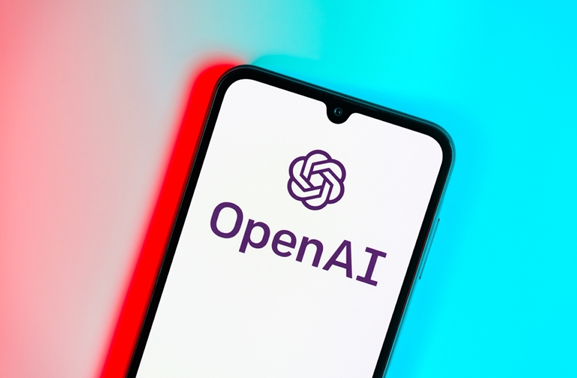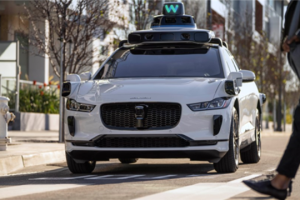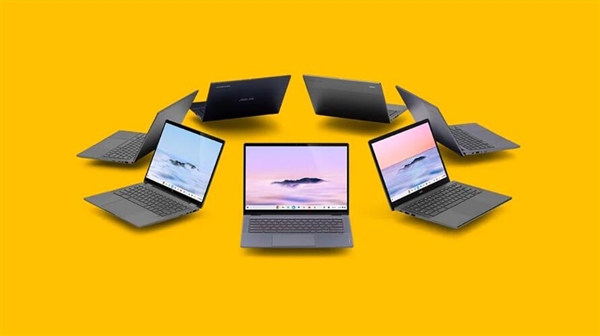August 21, 2025 – During a recent podcast conversation with Zerodha co-founder Nikhil Kamath, OpenAI CEO Sam Altman voiced his concerns that current smartphones and computers are ill-suited for the future of artificial intelligence.
Altman argued that the existing hardware forms of smartphones and computers can’t fully unleash the true potential of AI. He stressed that AI models like ChatGPT require more advanced hardware support to reach their full capabilities.
He pointed out that the devices relied on by users worldwide have an inherent “binary nature,” meaning they operate in an on-or-off mode. Altman believes that the ideal future devices should maintain continuous situational awareness and be ready to assist users at any time.

“What we truly need is AI that can gather as much contextual information as possible, proactively handle tasks, and offer timely prompts,” he said. He envisions a true AI companion that can provide intelligent reminders, take proactive actions, and give appropriate suggestions, all without the need to be held or carried in a pocket.
“I think the current form of computers doesn’t fit the bill,” Altman stated. “This binary on-or-off characteristic creates a gap between our current reality and the sci-fi dream of an AI companion we envision.” He predicted that future smart devices would more closely resemble those depicted in movies, being able to adapt flexibly to various usage scenarios.
It’s worth noting that Altman had previously announced a collaboration with former Apple chief designer Jony Ive. Rumors suggest that the two are working on a new hardware product, marking OpenAI’s first foray into the hardware sector.
Although Altman didn’t reveal many details during the podcast, he mentioned that his team is exploring new device forms such as smart glasses, wearables, and small desktop terminals. He emphasized that the core concept is to create “physical hardware with environmental awareness.”












